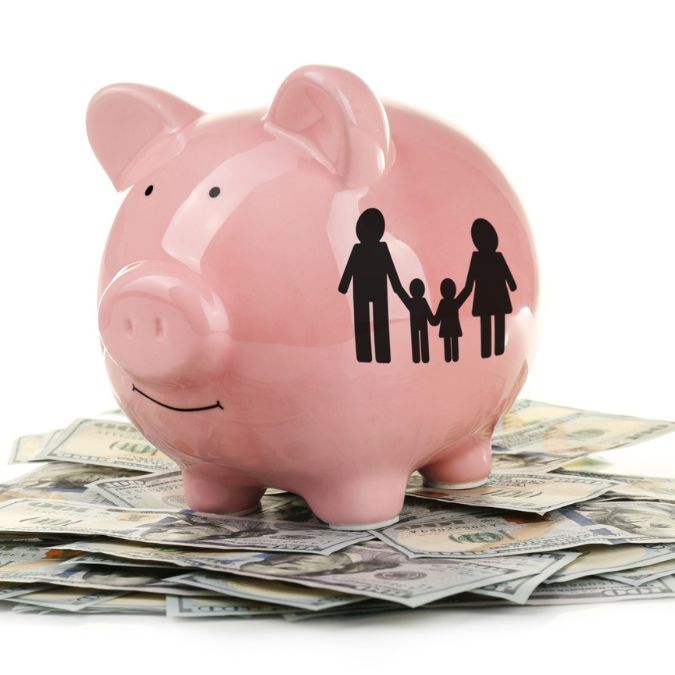what's new
trending
Who is Richer? Democrats or Republicans?
February 23, 2024
Make Money by Selling on Craigslist
February 19, 2024
How to Budget on an Irregular Income
December 28, 2023
This 26-Week Money Challenge Will Help You Save $5,000 Next Year
October 24, 2023
How To Get Your Rent Deposit Back
October 20, 2023
Visa Signature or Visa Platinum?
October 13, 2023
Credit Score Ranges: What Can a 637 Credit Score Get You?
October 13, 2023
Jimmy Tatro’s Net Worth
October 15, 2023
Joey Graceffa’s Net Worth
September 12, 2023
Celebrity Net Worth After Winning An Oscar
September 26, 2019
The High Cost of Cheap Living: How Bargain Hunting Can Backfire
February 28, 2024
How To Get Your Rent Deposit Back
October 20, 2023
7 Ways to Involve Friends in Saving Money
December 2, 2020
Can You Save $1000 a Month?
September 27, 2018
Budget Exercise: How to Get Fit For Free
September 5, 2018
How Many Accounts Does It Take To Manage Your Finances?
October 11, 2023
It’s Time for Some Financial Spring Cleaning
May 6, 2019

















